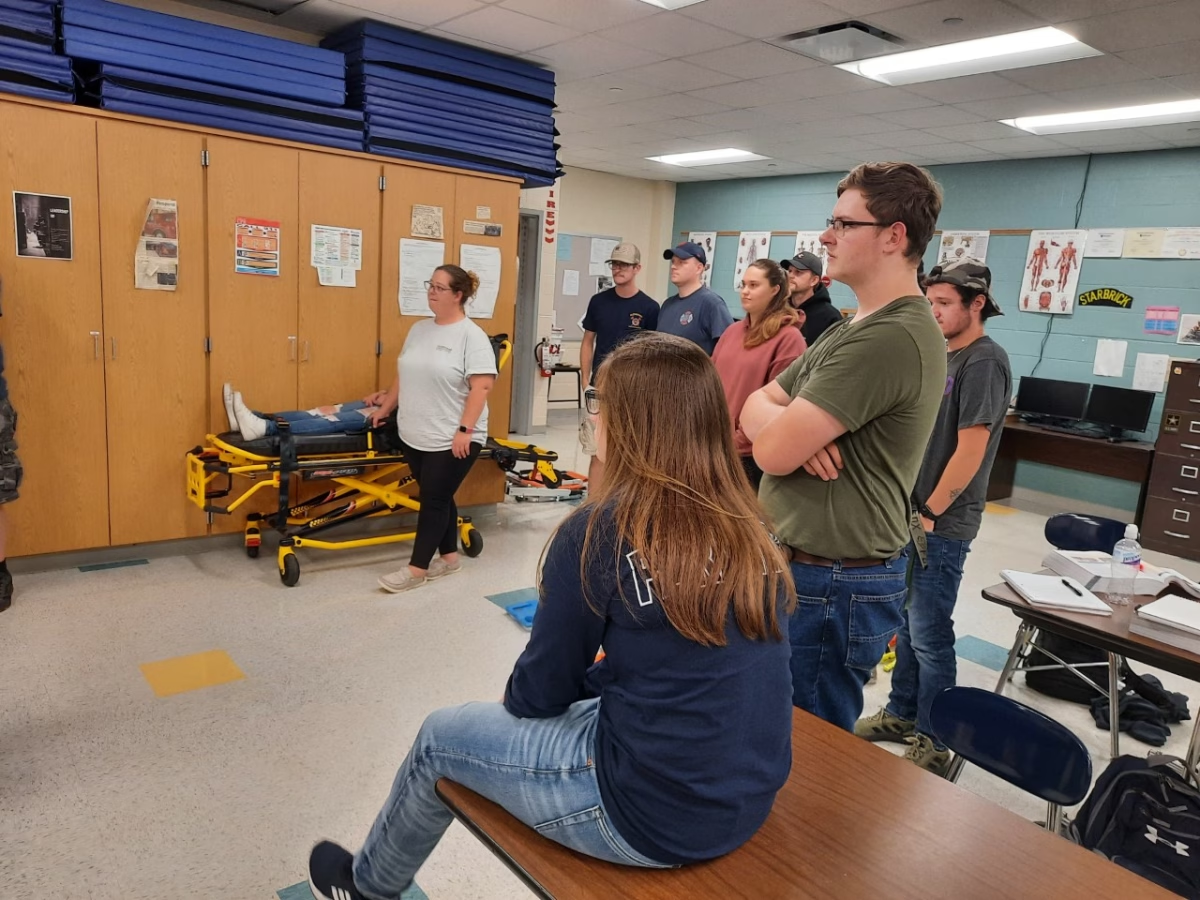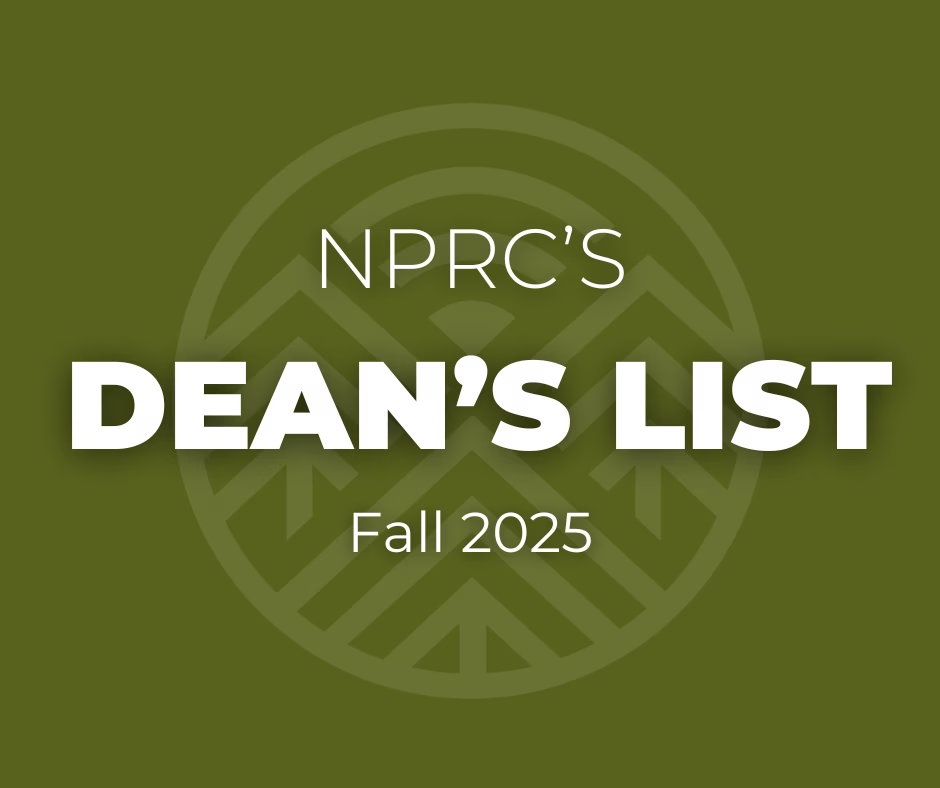Education Programs
Learn more to begin a career in education today!
Education Studies
Major coursework involves studying the background, theory, and current trends within education including instructional and classroom design; assessment of student learning; identifying the needs of typical and atypical students; and cognitive development. Additionally, communication strategies for teachers to engage in with children and their families are researched and practiced through the program coursework.
Program Goals
Upon successful completion of the program, students should be able to:
- Understand the processes involved in learning with sensitivity to the diverse and exceptional needs of children and families.
- Role play in parent communication, child behavior management, and scaffolded learning strategies.
- Understand proper observation and assessment strategies for evaluating student learning and development.
- Have gained critical understanding of the American education system’s foundation.
Early Childhood Education
Students study curriculum planning, approaches to assessment, and skill-building for communications between teachers, early learners, and families of young children. This program provides students with the ability to guide the social, emotional, physical, language, and cognitive development of children from birth to eight in a variety of educational settings.
Program Goals
Upon successful completion of the program, students should be able to:
- Analyze physical, cognitive, language, and social-emotional development of typical and atypical children
- Identify and apply major theories and concepts associated with developmentally appropriate practices in teaching, learning, and quality care at the early childhood level
- Develop performance skills in concepts and methods associated with curriculum planning, instructional design, lesson delivery, assessment, and classroom environment
- Promote positive relationships and effective communication strategies between children, families, and early learning professionals while acknowledging sensitivity to the cultural contexts in which children are developing.
Child Development Associate
The Child Development Associate (CDA) Credential is the most widely recognized credential in the Early Childhood Education field. Students at NPRC can choose a CDA age level for Infant-Toddler, Preschool, Family Child Care, or Home Visitor. The program is divided into three sections over a 39-week schedule with scheduled remote class participation.
Program Goals
Upon successful completion of the program, students should be able to:
- Reflect upon personal experiences of working within a childcare environment and discuss with peers in relation to the course content
- Research family support agencies in their local community with regard
- Generate ideas for learning activities at the infant, toddler, and preschool levels
- Plan healthy meal calendars for children
- Sketch out floor plans for an early learning classroom to include areas for rest, eating, play, and exploring early learning manipulatives.
- Practice communication strategies for early learning professionals and families.
Paraeducator Pathways Program
The Paraeducator Pathways Program was designed to address a shortage of special educators in Pennsylvania. Major coursework involves studying the background, theory, and current trends within education including instructional and classroom design; assessment of student learning; identifying the needs of typical and atypical students; and cognitive development.
Program Goals
Upon successful completion of the program, students should be able to:
- Explain the processes involved in learning with sensitivity to the diverse and exceptional needs of children and families.
- Demonstrate parent communication, child behavior management, and scaffolded learning strategies.
- Implement strategies for evaluating student learning and development.
- Communicate and collaborate effectively for co-teaching lessons alongside a lead teacher.
- Utilize a practical approach to special education support from PreK to 12th grade.
- Present a professional portfolio demonstrating experience in and development of program concepts and competencies.
Pennsylvania Childcare Director Credential
The Pennsylvania Childcare Director Credential is designed as a standard to measure and validate the abilities and competencies of directors and administrators to manage high quality early childhood and school-age programs.
Program Goals
Upon successful completion of the program, students should be able to:
- Have active membership with early childhood advocacy organizations at the local, state, and/or national levels.
- Develop a personal leadership style.
- Create policy and procedures for effective childcare and school age program management.
- Understand health and safety practices for effective early learning environments.
- Create advisory and/or governing boards for programs.
- Understand business management practices including budgeting, accounting, marketing, fundraising, and grant writing
- Develop and present business plans
See What Our Students Have to Say

“It was a wonderful experience here at NPRC. I learned so much and my instructor was amazing. He was knowledgeable and made sure that everything we need is uploaded online and communicates well with us. He also held us accountable to make sure we were learning and ready. I enjoyed working alongside my amazing classmates and all the different experiences they brought to the course. Everyone in our class was eager to learn and was proactive about staying up to date on what is being asked of us.”
- Marie, NPRC EMT Graduate
“Attending NPRC was truly life-changing for me and provided a foundation to pursue my passion for early childhood education. I gained the knowledge and skills needed to excel in this field. But it was bigger than just academics; my professors taught me valuable life lessons and instilled important values that have shaped who I am today. Overall, my college journey has not only prepared me for a successful career but has also equipped me with the mindset and tools to make a positive impact on the lives of young children.”
- Brittany, Early Childhood Education Graduate
“I had a fear that this degree would be unobtainable due to being a full-time employee and mother. With the support of family, friends, coworkers, and NPRC, I’ve gained confidence and support to continue my education.”
- Brittney, NPRC Student
“From the first time I found out about NPRC, I knew attending college was something I wanted to pursue because of how genuine the first interaction was. I’m proof that finding the right path can be done. It’s worth it to find ways out of situations you do not want to be in for better ones. I can’t say enough about how NPRC’s employees have empowered and advocated for me.”
- Amanda, NPRC Student
"NPRC’s faculty, staff, and professors do everything they can to see the students succeed and provide us with exactly what we need to do our best both inside the classroom and out. The early childhood education program is phenomenal. It was a school that aided me in balancing class, schoolwork, and my career. From the start and throughout my time, NPRC made me feel like I was at the right place.”
- Savannah, Early Childhood Education Graduate






